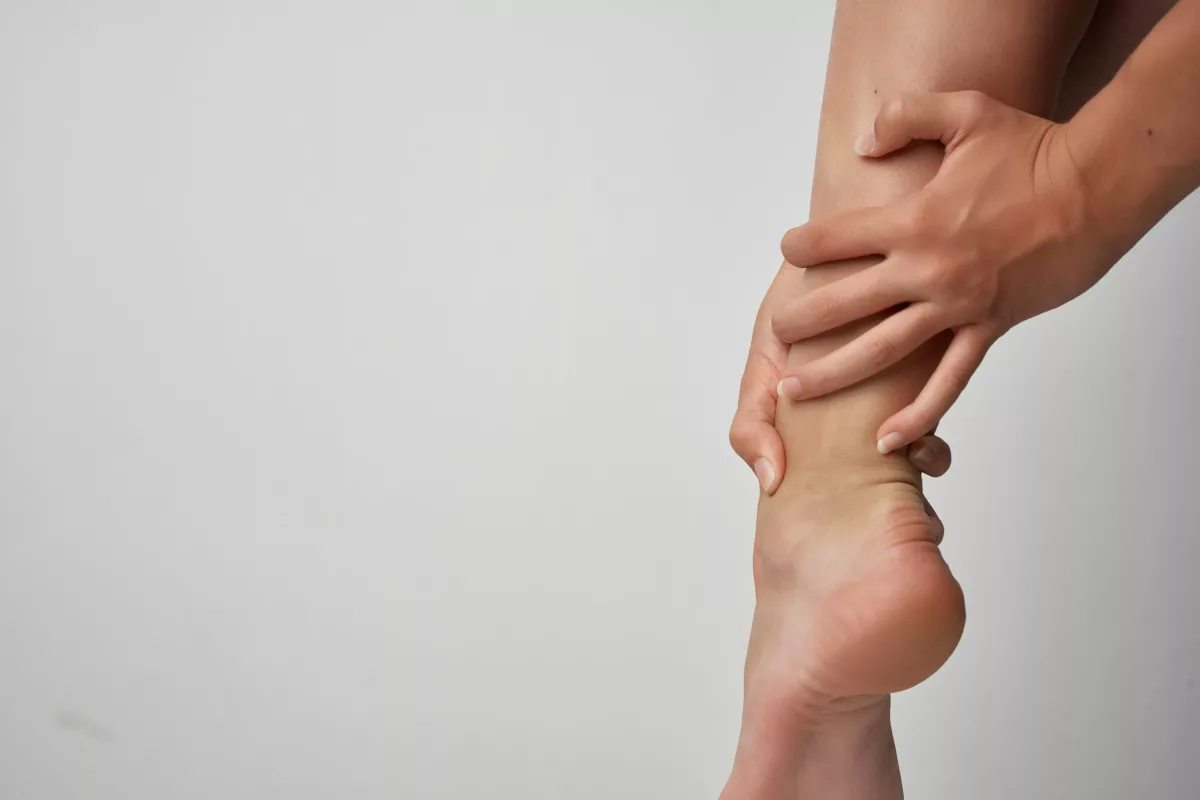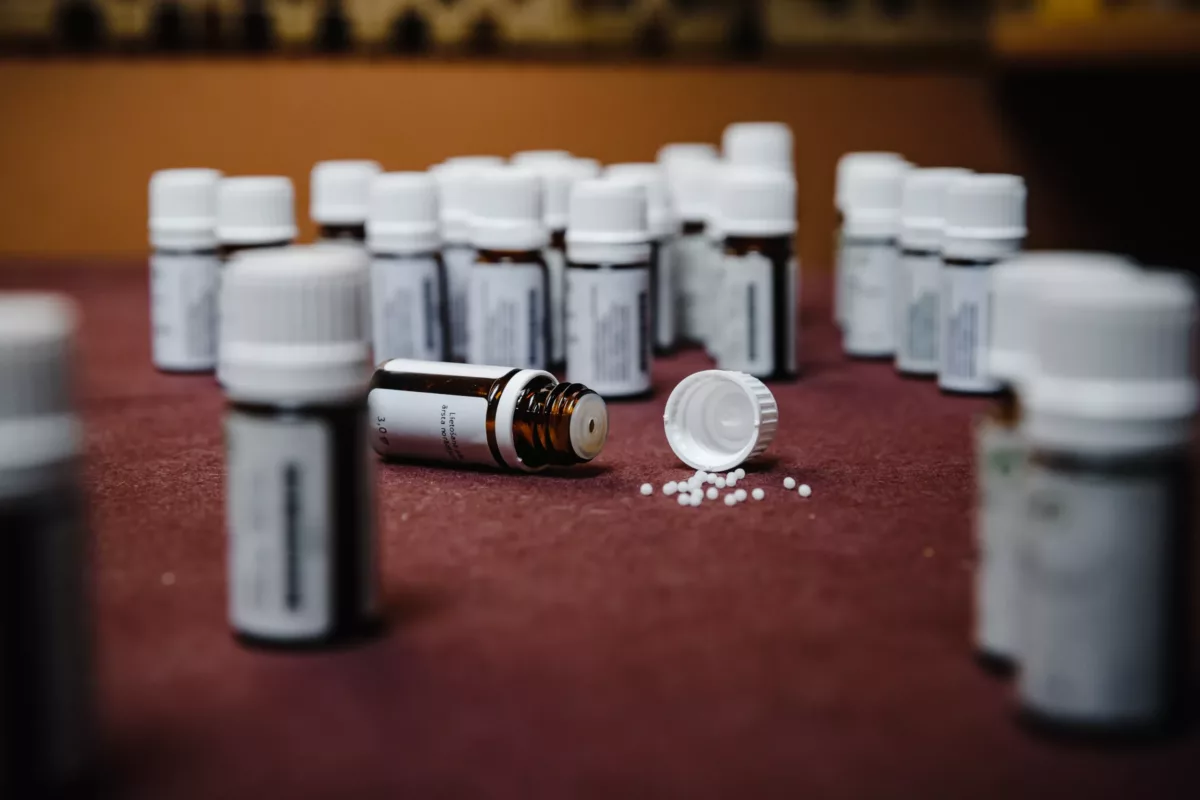A condition in which the back of the lower leg is injured is called Achilles tendon rupture. In most cases, this condition occurs in people who play recreational sports, but it may happen to anyone. This tendon is a strong fibrous cord that links the muscles in the back of the calf to the heel bone. It is called the Achilles tendon, and it may rupture (tear) partially or completely.
When it happens, you may hear a pop and experience a sudden and sharp pain in the back of the ankle. It may also cause walking problems. This condition is often treated with surgery to repair the rupture, but nonsurgical procedures work just as well in some people.
Symptoms
While some people do not experience symptoms, others may experience the following ones. For example:
- Pain and swelling near the heel (in some cases, pain is severe)
- Inability to bend the foot downward when walking
- A snapping or popping sound appears when the rupture happens
- When the Achilles tendon ruptures, people usually cannot stand on their toes
- A feeling of having been kicked in the calf
If any of the previous symptoms occur or if you hear a pop in the heel, immediately contact your healthcare provider.
Causes
Generally, this tendon helps you point the foot downward, raise the toes, and push off the foot as you walk. Therefore, we rely on the Achilles tendon when walking or moving our feet.
In most cases, the tear happens in the section of the tendon located within 2 ½ inches (approximately 6 centimeters) of the point where it is attached to the heel. Furthermore, in this part, the blood flow is poor, which makes it more prone to rupture. It also affects the ability to heal.
Tendon ruptures may also occur due to a sudden increase in stress on the Achilles tendon. For example:
- Stepping into a hole
- Falling from a height
- High-intensity sports (including those that involve jumping)
Risk Factors
Certain factors may elevate your risk of developing the condition. Check below for some examples:
- Age – Ruptures of the Achilles tendon often happen between 30 and 40 years old.
- Sex – Men are at higher risk of developing Achilles tendon ruptures compared to women.
- Recreational sports – These include sports that involve running, jumping, sudden starts and stops (including soccer, basketball, tennis, and others).
- Steroid injections – Some treatments involve steroid injections that are given directly into the ankle joint to reduce inflammation and pain. However, this injection may weaken nearby tendons. That’s why it is associated with Achilles tendon ruptures.
- Antibiotics – This group of medicines is used to treat bacterial infections, and some of them may increase the risk of Achilles tendon ruptures. These include Ciprofloxacin or Levofloxacin.
- Obesity – People with excess body weight are more prone to develop this condition. It happens because extra weight puts more strain on the tendon.
How to Prevent Achilles Tendon Rupture?
Check below for some tips that may decrease the risk of developing Achilles tendon rupture:
- Strengthen and stretch calf muscles – It is recommended to stretch your calf muscles until you feel a pull, but not pain. Strengthening calf muscles may help absorb more force and prevent injuries.
- Alternate high-impact sports – You should avoid activities that involve excessive stress on the tendon (including hill running and jumping activities). Doctors usually recommend low-impact sports such as walking, biking, or swimming.
- You should choose a running surface carefully – Do not run on hard or slippery surfaces, dress properly in cold-weather training, and wear athletic shoes with proper cushioning in the heels.
- Increase training intensity gradually – Achilles tendon trauma usually happens after a sudden increase in training intensity. Generally, it is advised to increase training intensity by 10% per week.
Diagnosis
First, doctors will perform a physical examination to check for abnormalities linked with Achilles tendon ruptures, such as swelling, tenderness, or pain. Usually, during this examination, physicians are able to feel a gap in the tendon if it is completely ruptured.
When it is not clear if the Achilles tendon is partially or completely ruptured, doctors may perform some imaging tests to confirm the condition. They often order an ultrasound or an MRI (magnetic resonance imaging) scan. These tests are used to get detailed images of the tendon and nearby structures.
Treatment
The treatment for Achilles tendon ruptures is different among people because it depends on multiple factors. These include your age, activity level, the severity of the condition, and others. Commonly, younger people (such as athletes) choose surgery to repair the tendon rather than nonsurgical treatments.
According to some recent studies, the effectiveness of both surgical and nonsurgical treatments is equal.
Nonsurgical Treatment
These include:
- Rest by using crutches
- Applying ice to the affected area
- Over-the-counter (OTC) painkillers
- Avoid or limit movement of the ankle for a few weeks
Furthermore, nonsurgical treatments avoid multiple risks linked with surgery (including bleeding, infections, and others). In any case, nonsurgical options may increase your risk of re-rupture and prolonged recovery.
Surgery
During this treatment, surgeons will make an incision in the lower back of the leg. Thereafter, they will stitch the torn tendon together. In some cases, the repair may involve other tendons, depending on the severity of the injury.
However, surgery involves some complications, including nerve damage, infections, bleeding, and others. The only way to reduce the risk of surgery complications is to choose minimally invasive procedures.
Frequently Asked Questions
Can you still walk with a ruptured Achilles tendon?
Yes, but it is usually difficult and painful. However, you should seek medical care immediately if a tendon rupture occurs.
How long does it take to recover from an Achilles tendon rupture?
In most cases, people recover from Achilles tendon ruptures between 4 to 6 months. Returning to sports or athletic activity may take even more. In any case, with physical therapy exercises, the prognosis for Achilles tendon recovery may improve.
What are the possible complications of Achilles tendon rupture?
Complications may occur due to this condition as well as surgery to repair the tendon. These include:
- Severe pain
- Walking problems
- Tendon re-rupture
- Nerve damage
- Delayed wound healing
- Blood clots
- Loss of function (rarely)
- Bone spurs
- Complex regional pain syndrome
- Compartment syndrome
This article does not contain all possible complications of Achilles tendon rupture. Ask your healthcare provider if you have additional questions.




